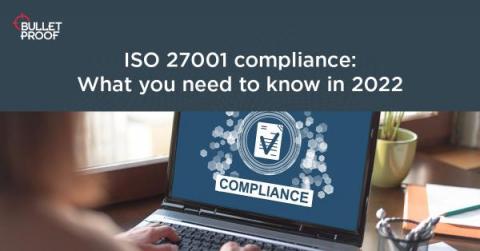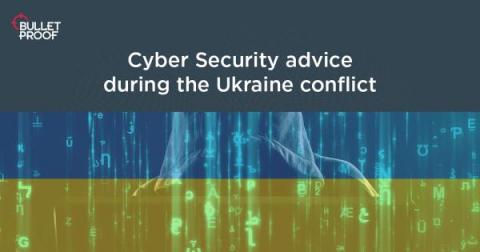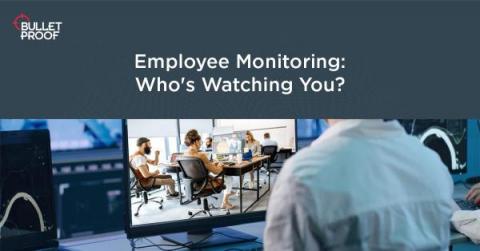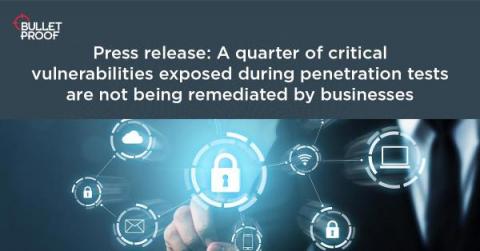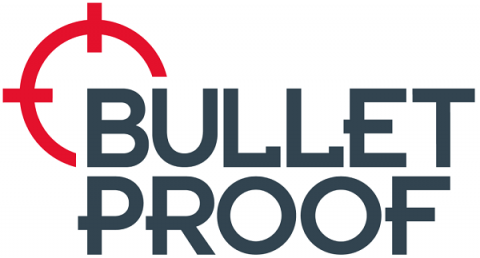Research reveals the extent of hackers using default credentials to target businesses
Stevenage, 15th March 2022 – Today new findings from the Bulletproof Annual Cyber Security Industry Threat report highlight the issue posed by poor security hygiene as automated attacks remain a high security threat to businesses. The research gathered throughout 2021, showed that 70% of total web activity is currently bot traffic.




